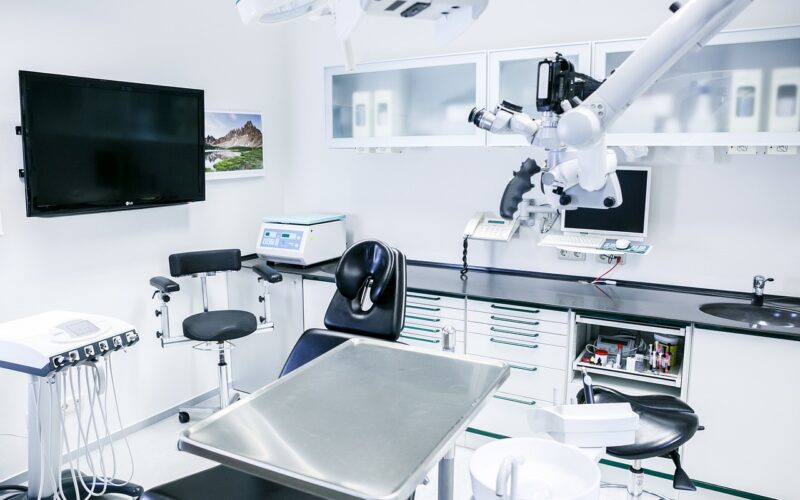If you are scheduled for dental surgery, there are a few things you can do to prepare. Other than arriving early for your procedure to take care of the paperwork and ask any questions you need to, we’ve devised a list of tips to help you get ready.
6 Top Tips to Prepare for Oral Surgery
- Be Gentle
Firstly, don’t disturb the surgical site on the day of your surgery. Whether you’re having a filling or dental implants, avoid disturbing the site and, once you’ve had the procedure, don’t brush or rinse vigorously for at least 24 hours.
- Don’t Smoke
Be prepared not to smoke for at least 72 hours after your procedure and about 12 hours before surgery.
- Eating and Drinking
If you are to go under general anesthetic, you should not drink or eat anything for about 8 to 12 hours before surgery – and that includes water.
- Clothing
Make sure you dress practically for your procedure. Wear loose-fitting and comfortable clothing, especially if you are to have an IV drip. While the dentist and staff will do their best not to stain your clothing, it’s a good idea to wear something you don’t mind getting ruined. Also, avoid wearing any jewelry as you are likely to be asked to remove it for certain surgeries.
You may want to avoid wearing contact lenses, too, as your eyes are likely to be shut for an extended period, especially if you’re going under anesthetic. The same goes for makeup, body sprays, and colognes. You should also tie your hair back, if necessary.
- Your post-op Diet
Before surgery, plan a menu of soft foods that you won’t have to chew. Stay away from acidic or spicy foods that could irritate your gums and perhaps stock up on protein drinks as a great source of nutrition during your early days of recovery. Quick-cooked foods such as oatmeal are also ideal. While it may seem obvious to use a straw to drink though, it’s actually not a good idea, especially if you’re having a tooth extracted. Sucking on a straw may result in a painful condition called dry socket which may well send you back to the dentist for even more treatment.
- Cancel If You Need To
It’s also important to know when to cancel surgery. A mild cold’s not really going to interfere with a procedure, but it doesn’t make it any easier to perform the procedure if you have a runny nose and are coughing or sneezing. Even if your symptoms are just mild, it may be a good idea to cancel and not risk infecting other people.
Allergies are not a massive concern if you can breathe relatively easily and aren’t likely to start sneezing during the dental surgery. If you are prone to allergies, it’s okay to take an antihistamine, just remember to let your surgeon know that you have taken something.
Use these 6 tips to get ready for your oral surgery.






